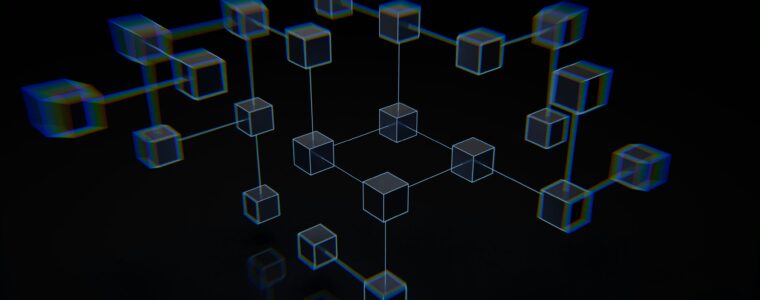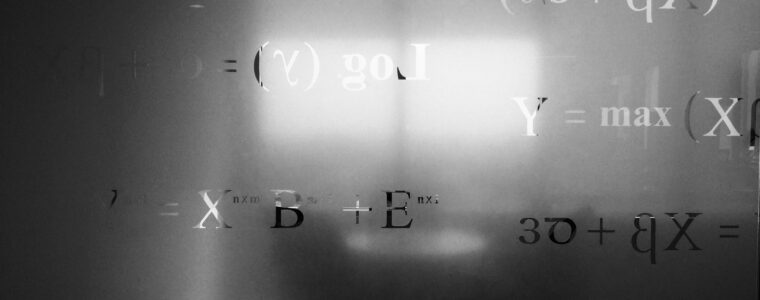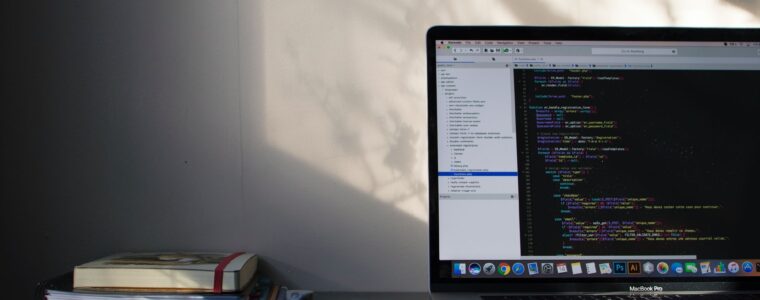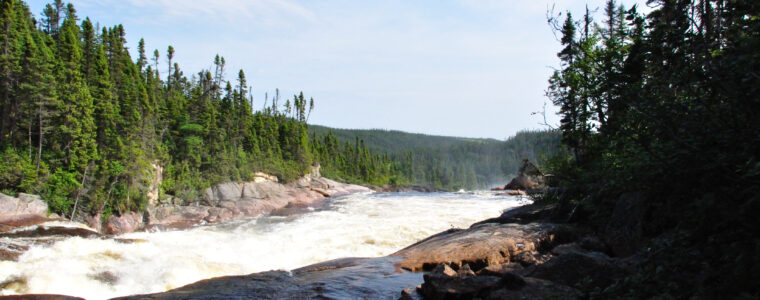The NSERC-CREATE training program in Computational Biology BIOS2, in collaboration with Hydro Quebec, is now accepting applications to participate in a working group that will be held from March 18 to 22, 2024, in the Montreal Area, QC. Applications are due on January 15, 2024. To apply, please fill out this form: https://forms.office.com/r/mGL9thRSSJ
Description of the activity
Working groups consist of a small group of researchers who meet in person and work intensively and collaboratively on a research question, to solve a specific problem, or to develop a specific project. The working group’s goal is to prototype a chapter of an environmental impact assessment report focused on biodiversity measures, using empirical data from real Hydro Quebec projects. Students will work to implement a chapter that should help with decision-making that is efficient, applicable and with content that is easy to communicate.
Eligibility
Applicants must be currently registered in a study program in ecology, environmental science, evolution or a related discipline in a Canadian university. The call is primarily for graduate students, but a few places will be open for undergraduate students and for postdocs whose research aligns with the theme of the working group.
Ideally, candidates will be proficient in R with some experience of working with large ecological datasets, in a collaborative environment, and communicating their analysis and results. Candidates should also be able to participate in person on all 5 days of the activities. Given the goal of the working group, the following skills will be prioritized in the selection process:
Communication
- Data visualization
- Map design
- Technical writing in English
- Technical writing in French
- Environmental policy
- Decision making
Computational Ecology
- Multivariate analysis
- Geographical statistics
- Data management
- Climate change
- Simulations
- Ecological niche and species distribution modeling
- Landscape ecology
- Environmental impact assessment
- Community ecology
Please notice you don’t need to check all the boxes in the list of skills above to apply. Any combination of skills is welcome, just make sure to emphasize them in the application. It is important, however, to keep in mind that there will be mandatory readings in French.
The highest priority will go to BIOS2 Fellows. Participation fees (travel, accommodation and meals during the event) will be covered for BIOS2 program members, as well as for students registered at a BIOS2-affiliated university. Students from other universities are welcome to apply but must cover their cost of participation.
Candidates with caring responsibilities are welcome and encouraged to apply and we will accommodate their needs, as much as possible. The common language used in this working group will be English, but support in French, Portuguese and Spanish will be provided.
Presentation of the project
Prototype of a biodiversity chapter for environmental impact assessment reports
Leaders: Alexandre Beauchemin, Biologiste, M.Sc. Env. (Hydro Québec), Amélie Drolet Biologiste, M.Sc. (Hydro Quebec), and Dominique Gravel, PhD (BIOS2, Réseau d’observation de la biodiversité du Québec, Université de Sherbrooke).
Facilitator: Gracielle Higino, PhD (BIOS2)
Date of the working group: March 18 to 22, 2024.
Location: In person, in the Montreal Area (place TBD)
Application deadline: January 15, 2024
Application form: https://forms.office.com/r/mGL9thRSSJ
If you have any questions, do not hesitate to contact us at pgm_bios2@usherbrooke.ca.








